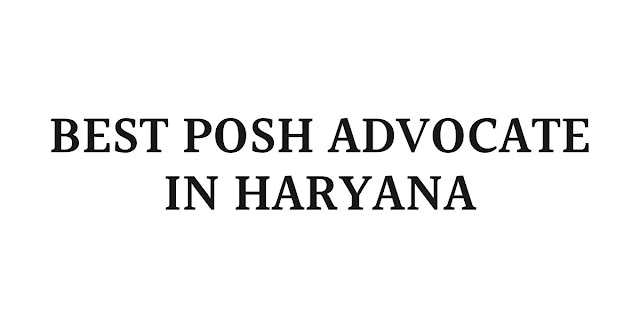POSHADVO has been founded to help keep workplaces free of sexual abuse across all sectors in the country.
POSHADVO firmly believes, as an organization, that Sexual Harassment at Workplace is a serious denial of the right to equality, dignity and respect. Sexual abuse at work is something that most people routinely witness, but many do not openly speak about. Typically, this is for fear of losing their job, facing society's scorn, being caught up in never-ending court action or for other unspecified reasons.
Gender equality in all dimensions is a basic human right and the Constitution of India (“Constitution”) guarantees all its citizens equality of status and opportunity. Sexual harassment is considered as a violation of a woman’s fundamental right to equality, which right is guaranteed by Articles 14 and 15 of the Constitution. The Constitution also provides every citizen the ‘right to practice or carry out any occupation, trade or business, which includes the right to a safe environment, free from all forms of harassment.

Comments
Post a Comment